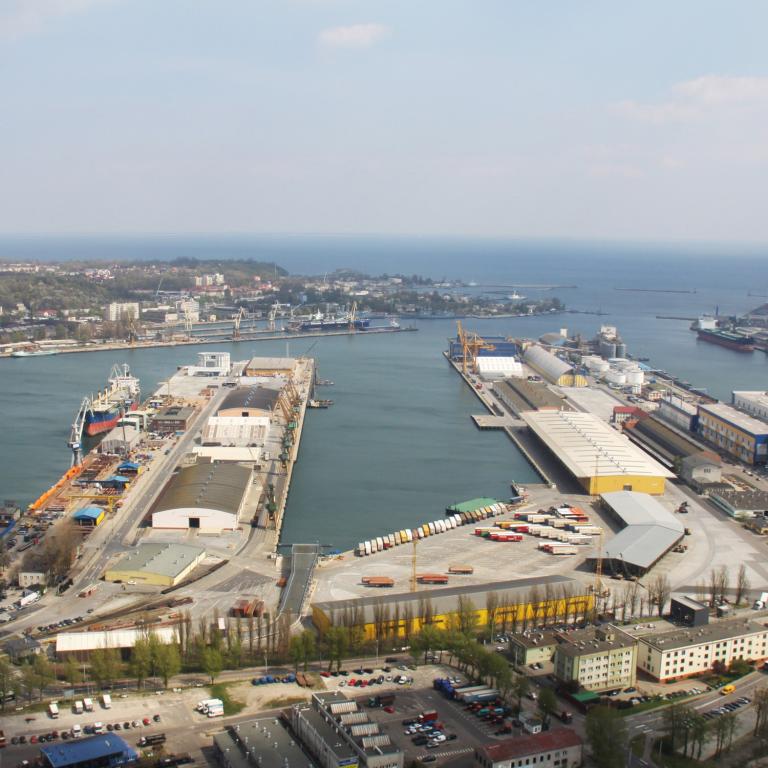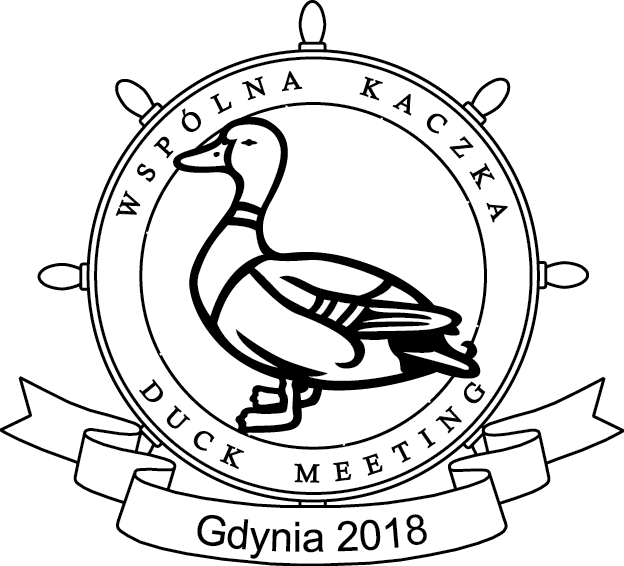
2016-08-29
Vocational education – reactivation
Changes in vocational education, announced recently by the government, aim to introduce the so-called dual system prioritising the inclusion of employers in the education process. They are to have veritable impact on the development of the core curriculum in vocational education and on the development of new fields of study. The reform will result in the implementation of a modern, two-stage vocational school that will replace the current vocational school system. Upon finishing the 2nd stage of education, it is possible to take the secondary school final examinations (the Matura exam) and continue education in a tertiary school. However, each stage of education will make it possible to undertake employment.
Hopes related to the modernisation of vocational education have been expressed, among others, by companies from the maritime industry. The shipbuilding industry will also welcome the reform with open hands. According to Jerzy Czuczman, Director of the Association of Polish Maritime Industries, the dual system is the best solution. However, in his view, vocational education cannot end at this stage. It needs to be continued further. He places particular emphasis on on-the-job training, as also envisaged by the reform.
“In 2008, the Association of Polish Maritime Industries has already been cooperating with the Association of Employers Leviathan to remedy the situation. We supported vocational schools by organising various events promoting the attractiveness of vocational education,” says Jerzy Czuczman.
The port industry, struggling with personnel shortfall, also expects positive changes. Krzysztof Szymborski, CEO of the Baltic Container Terminal (BCT) Gdynia and President of the Port of Gdynia Stakeholder Council, would gladly employ well-trained specialists. Hence, any initiative resulting in the influx of well-qualified personnel to the terminal can count on his support.
“We need good port workers. We have a shortfall of dockers, stevedores and operators. A school offering education in these fields could count on our comprehensive support,” says Krzysztof Szymborski.
At present, it’s proven difficult to find people with appropriate qualifications in this field; that’s why it is often needed to start the employees’ training from the basics. Krzysztof Szymborski also mentioned the once existing company-affiliated vocational schools. Such form of education, inclusive of all present circumstances such as management and financing issues, would be an extremely helpful solution for the entire port industry.
Betting on cooperation between schools and employers is a move in the right direction. It’s worth noting that certain companies from the maritime industry have begun cooperating with vocational schools on their own, without waiting for the reform to take effect, by offering on-the-job training in their own plants or on their own vessels.
The issue of vocational education in the maritime economy is to be raised during the Maritime Economy Forum Gdynia 2016.
Photography: Tadeusz Urbaniak/ZMPG-a S.A

